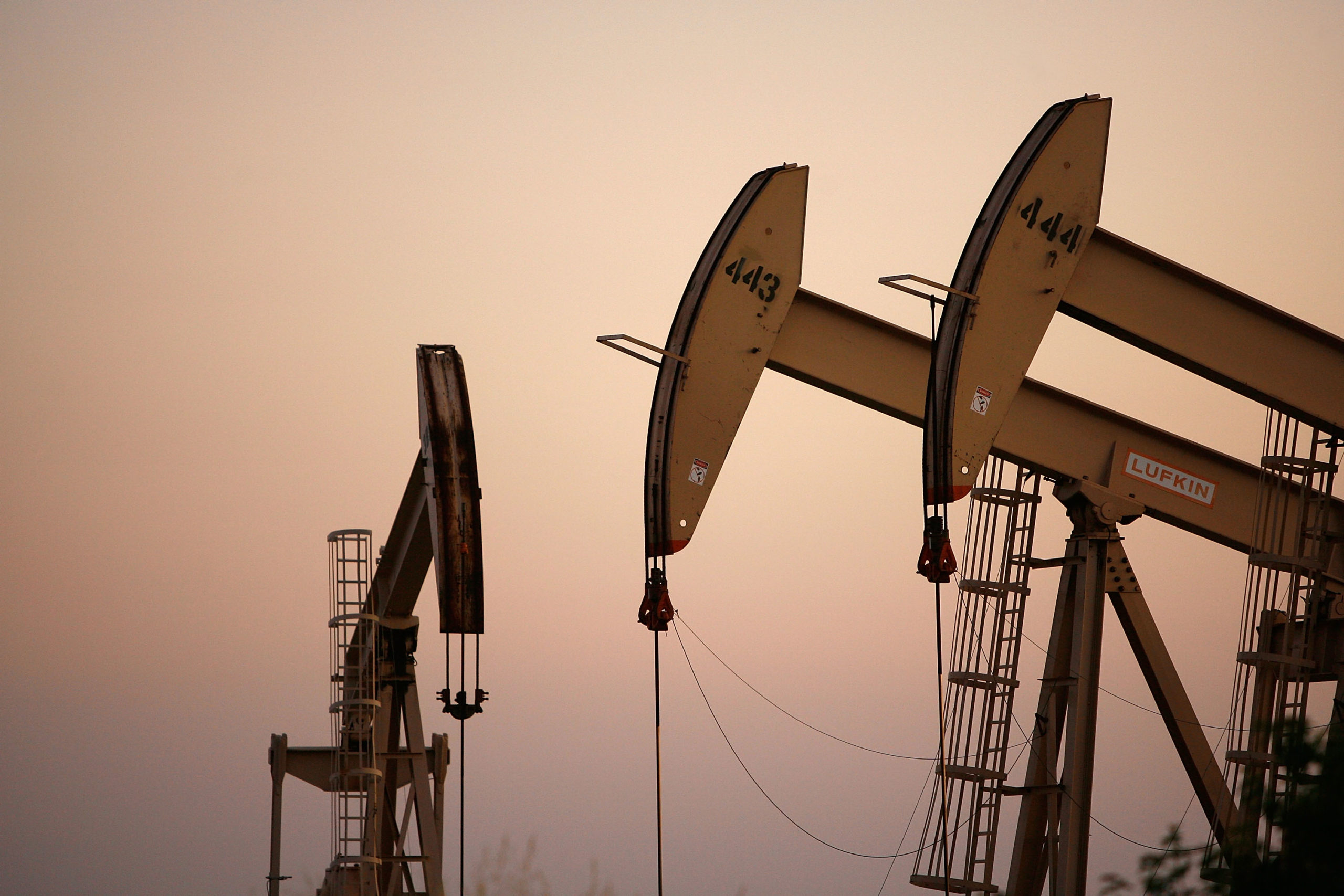Press Releases
Boebert Bill Protects Broken, Polluting System to Benefit Big Oil

Controversial Colorado Congresswoman aims to roll back Biden’s oil and gas reforms, despite their benefits to her own state
WASHINGTON, DC — The House Natural Resources Committee today will vote on Representative Lauren Boebert’s bill to block popular and commonsense oil and gas accountability–at the expense of taxpayers. This industry-backed bill is expected to garner lockstep support from the committee Republicans who took $3.8 million in campaign contributions from Big Oil.
The bill would roll back the Bureau of Land Management’s (BLM) rule that modernizes fiscal terms of public lands leasing to return more value to the public and updates to federal bonding rates, designed to hold oil and gas companies accountable for the complete cleanup of abandoned wells, which are woefully outdated and fail to ensure that these companies bear the financial responsibility for the environmental damage they cause.
Representative Boebert is plainly on the side of the oil and gas companies that don’t want to be held accountable for exploiting hardworking taxpayers. The American public can’t afford to suffer from this broken, polluting system any longer.”
Chris Marshall, spokesman for Accountable.US.
President Biden’s new plan is under sharp attack from the fossil fuel industry, which would be required to pay higher bonds to cover the cost of cleaning up abandoned wells on public lands and modernize outdated fees for drilling on public lands. This, despite Accountable.US findings that the biggest public lands drillers made $100 billion after cheating taxpayers. In Colorado alone, over 7,000 oil and gas wells require plugging and remediation, with an estimated cleanup cost of up to $1 billion. Shockingly, the industry’s posted bonds for reclamation fall far short, covering a mere fraction – approximately $16 million. This leaves taxpayers, rather than the responsible oil companies, potentially liable for as much as 98% of the cleanup costs.
Moreover, Coloradans have already suffered a staggering loss of $838 million in estimated revenue from oil and gas leasing and drilling. This financial blow is the result of outdated royalty and rental fees that had not been adjusted for inflation in decades. The Department of the Interior’s (DOI) rule, aimed at implementing fiscal reforms from the Inflation Reduction Act, takes a vital step to ensure that Colorado taxpayers receive their fair share from the oil and gas industry’s development of our publicly owned resources.
